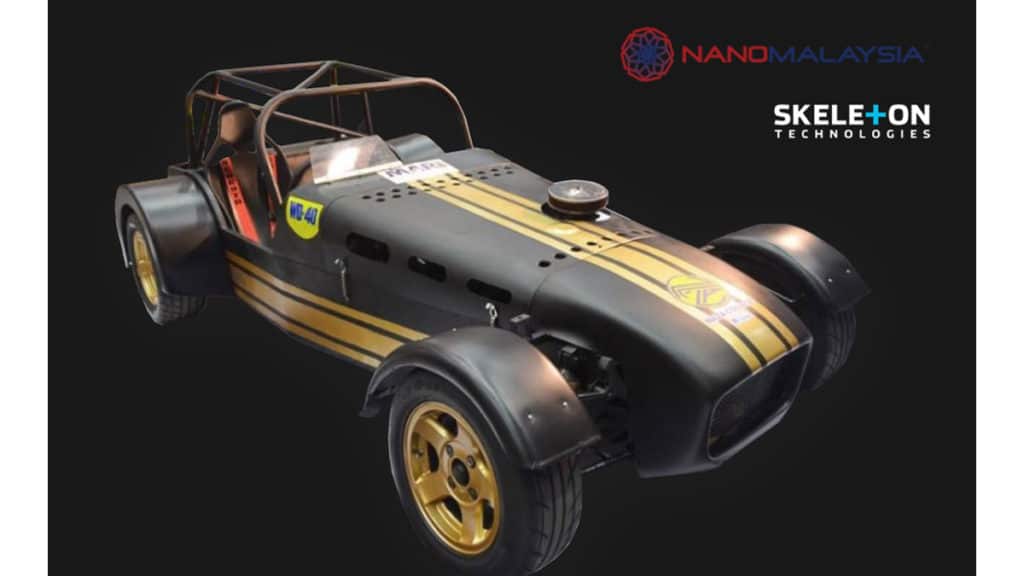Skeleton Technologies is collaborating with NanoMalaysia, a Malaysian company specialized in nanotechnology commercialisation and industrialisation activities, to develop the first fuel cell-powered Electric Vehicle for use in the motorsports industry. The project has been developed for several months and is expected to be completed in the second half of June 2020.
The project initiated by NanoMalaysia’s Chief Executive Officer, Dr. Rezal Khairi Ahmad, focuses on renewable energy storage systems and their application for the automotive motorsports world. It aims to produce a locally developed electric motorsports vehicle called the Hydrogen-Paired Electric Racecar (HyPER).
HyPER is to be powered by NanoMalaysia’s Hydrogen and Hybrid Energy Storage System (H2SS) and this is where Skeleton’s ultracapacitors come into play. This storage system is a hybrid energy storage system with Li-Ion batteries and graphene-based ultracapacitor, and a fuel cell stack with on-board Hydrogen generation system. Using Skeleton’s ultracapacitors allows for higher power density, and lightning-fast charging compared to conventional Li-Ion based vehicles.
NanoMalaysia is using SkelMod 102V modules, which pack a lot of power in a small space. General applications are for example peak power supply, voltage stabilization, load leveling, and frequency regulation, but the module’s strength is its versatility.
Although this project is focused on the motorsports industry, it will also provide opportunities in terms of business and human capital development related to renewable energy for the automotive and transportation sectors as well as applications in other industries in Malaysia. The main issue with electric vehicles being the lack of charging infrastructure and long charging time, fuel cell electric vehicles can reduce charging time significantly, to as little time it currently takes to fill in petrol.
The technologies developed by HyPER could therefore give a huge boost to the development of the electric vehicle sector in Malaysia.
